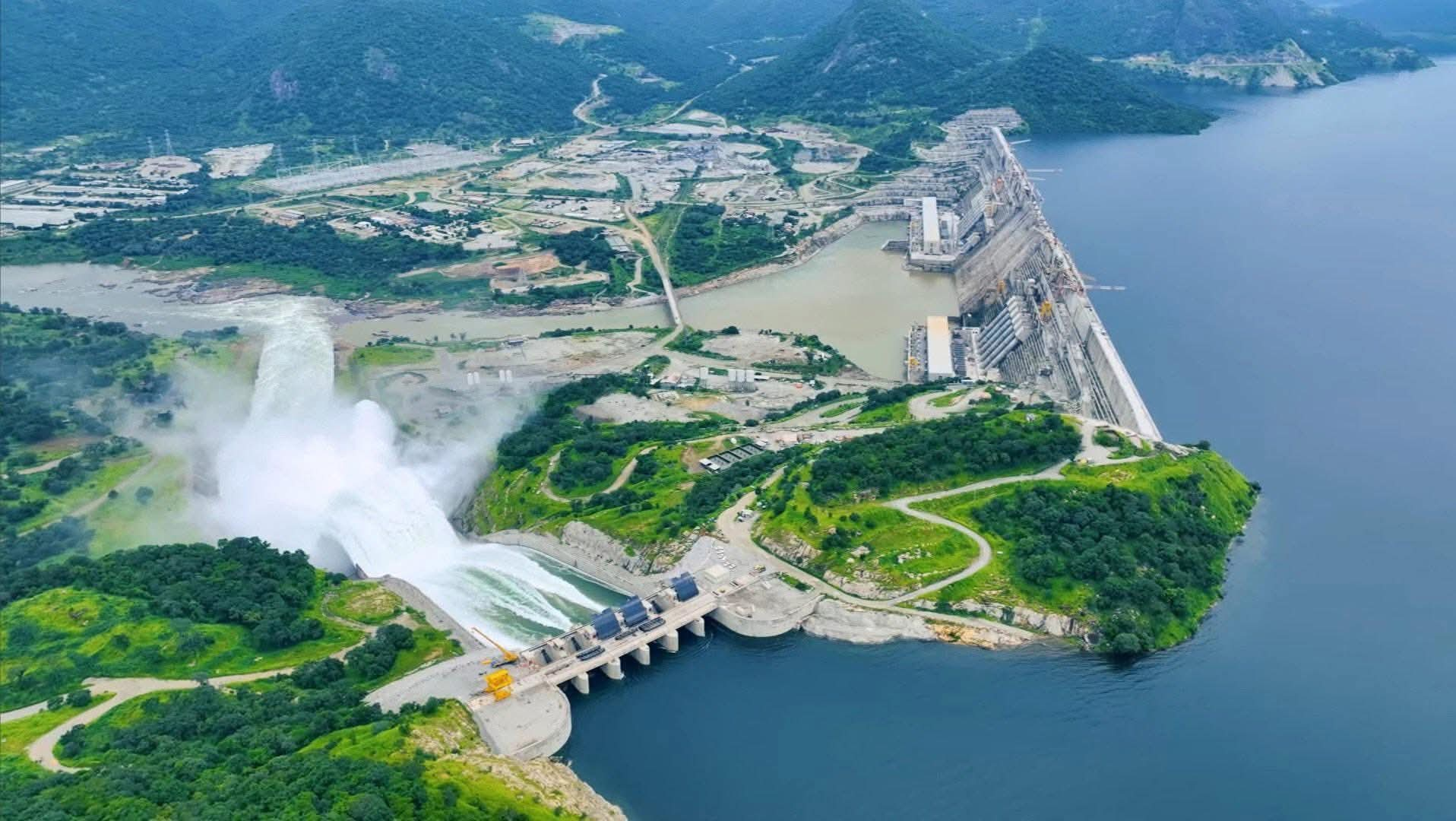GERD Completion Marks New Era for Wider Nile Basin Region: Expert - ENA English
GERD Completion Marks New Era for Wider Nile Basin Region: Expert

Addis Ababa, August 20, 2025 (ENA)— The completion of the Grand Ethiopian Renaissance Dam (GERD) stands as a historic milestone, ushering in a transformative era for Ethiopia and the broader Nile Basin region, a senior water resources expert affirmed.
Recently, Ethiopia officially announced the completion of the GERD, the largest hydropower project in Africa, which is set to be inaugurated soon.
Widely regarded as a game-changer, the GERD has drawn global attention for its immense potential to reshape the region’s economic future, accelerate social development, and influence the environmental landscape.
In an exclusive interview with ENA, Senior Water Resources Engineer Getu Biftu said the GERD’s completion brings substantial environmental, economic, and social benefits to Ethiopia and the broader Nile Basin region.
The dam has become a beacon of progress and resilience for regional cooperation, he said.
According to him, beyond its national significance, the dam holds transformative potential for fostering regional integration across the Horn of Africa and East Africa.
It can catalyze energy trade and shared economic development, thereby strengthening ties among neighboring countries, the expert explained.
By enhancing cross-border energy connectivity, supporting shared economic development, and fostering political cooperation, the dam can help unlock a future of prosperity and stability for the region, Getu said.
He added that the Nile River is a lifeline for several riparian countries in northeastern Africa, most notably Ethiopia, Egypt, and Sudan.
Accordingly, building cooperation and trust among these riparian states is essential for regional sustainable development and equitable use of the waters, he said.
By so doing, Ethiopia, Egypt and Sudan can work to manage the Nile waters through multi-faceted approach, he said.
Through sustained commitment and mutual respect, these countries can transform the Nile from a source of conflict into a foundation of shared prosperity, he stressed.
Moreover, he elaborated that the GERD stands as a landmark infrastructure project in Africa, not only for its hydropower ambition but also for its locally generated financing approach.
Getu underlined: “This strategy offers valuable lessons for other African nations aiming to execute large-scale infrastructure projects while safeguarding economic sovereignty and reducing debt risks.”
Ethiopia demonstrated that large-scale infrastructure projects can be financed predominantly through domestic sources, provided there is strong leadership, public engagement, and institutional readiness, according to the senior expert.
By following suit, other African nations can enhance economic sovereignty, and promote sustainable development tailored to national priorities, the expert pointed out.
He added that GERD constructed on Abay River is one of Africa's most significant infrastructure projects, with profound implications for Ethiopia and downstream neighbors, Sudan and Egypt.
He also stated as the dam approaches full operation, aligning national development goals with the imperatives of regional implications and equitable water sharing have become essential.
Ethiopia and its neighbors can transform the Nile Basin into a model of sustainable and peaceful development, among others, through institutional cooperation and ensuring equitable resource sharing, he emphasized.
“The path forward requires commitment, creativity, and a shared vision for prosperity and stability across the region,” he underlined.